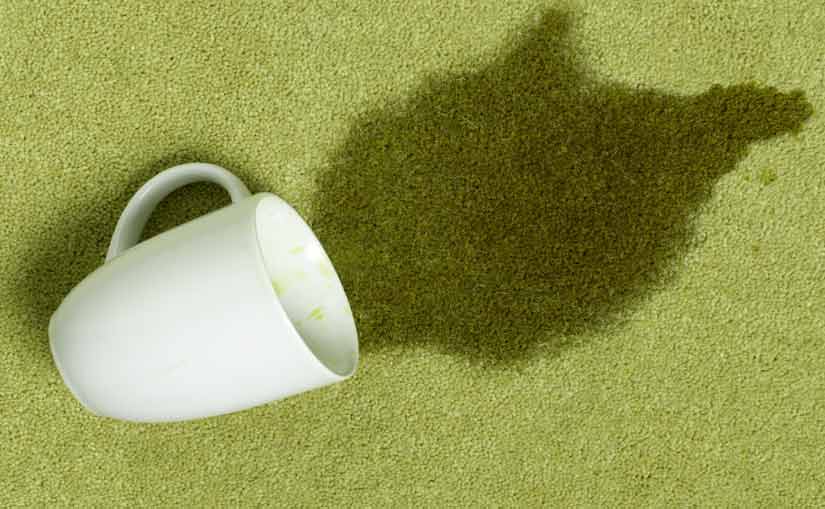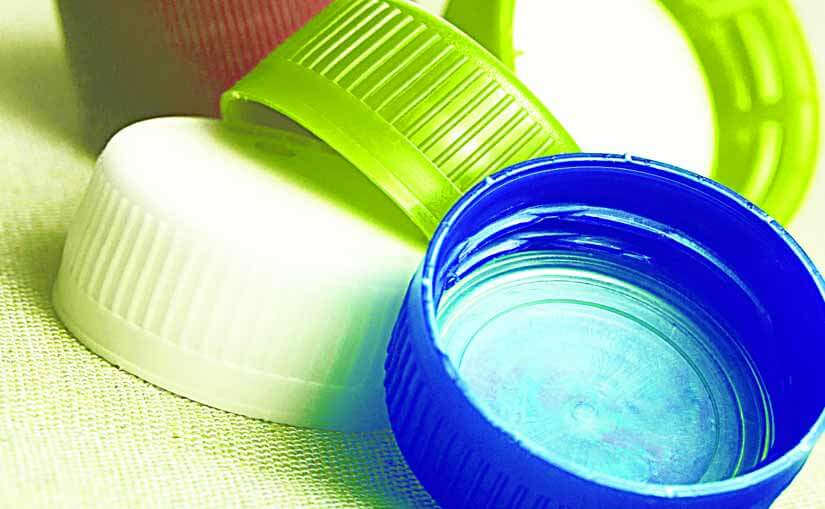A homeowner’s worst nightmare: What to do when your septic system overflows. One of the most important parts of a typical household is the wastewater treatment system and what to do when it stops functioning. Of course, it’s only expected for a home to produce wastes because of the inhabitants and their activities. The septic system is known to be very effective in collecting and recycling the wastewater produced by your household. When it works properly, you and the environment are safe and healthy. But it’s not perfect! It is also prone to malfunctions and failures, especially if the homeowner doesn’t know how to maintain it. One of the most common problems that a septic system encounters is overflowing.
To keep your household running smoothly, you should know what to do when your septic system overflows. There are so many homeowners who do not see the septic system as an indispensable component of their living environment. They just see it as a huge trashcan and often disregard it until the day something goes wrong with it.
An overflow is primarily caused by a drastic increase in water load brought about by heavy rains. There are homeowners who do their laundry when they are confined inside the house during storms. They are not aware that the water load from the washing machine aggravates the condition of the septic system and compounds backflow during monsoon conditions. It could also help if you have a dry well to help take care of the grey water that comes from the washing machine or the dishwasher. The heavy rainfall adds a lot to the water load especially when the rain gutter drains over the septic system in the yard. Pumping out the system during the actual rainfall is not a good idea. This will only allow the silt and mud to enter and clog the system. It would be better for you to just wait for the rains to stop before you call your septic expert to pump out the system.
Unrepaired leaks could also cause the septic system to overflow. These leaks may be brought about by damages or deterioration. When there are vehicles or construction over the septic system, the heavy weight crushes the septic system components, thus resulting in leaks. If the system is already too deteriorated, there may be components that gave out already and produce leaks. Make sure that you immediately call your septic expert if you suspect leaks in the system.
If you’re a plant lover, maybe you have trees or hardwood plants over your septic system. The invasive roots will definitely damage or block the septic components. This results in clogging and overflow of the system. Remove these plants and transfer them to a place far from the septic.
Using harsh chemicals and antibacterial cleaners also cause the septic system to overflow because these substances kill off bacteria. The resident bacteria in the septic system are the keystone to a healthy system; they break down the solid wastes that enter with the wastewater. Look for environment- or bacteria-friendly cleaners that will do the job but keep the bacteria safe.
Make sure that you always consult your septic expert if you want septic treatments to be performed on your system. Biological treatments are known to be the best treatments that you could give your septic system because these are the only treatments that use cultured, non-pathogenic bacteria to improve the performance of the already existing bacteria in the system. These treatments do not have harmful chemicals that contaminate the surrounding environment especially the water systems such as lakes, ponds, rivers, or streams.
You should make sure that you don’t make things worse for your septic system by dumping grease and non-biodegradable substances into your septic system. These will only block or clog the septic system. This will then bring about the overflow of the system because the flow of the wastewater is blocked.
Be sure that you prevent the septic system overflow before it leads to a full-blown failure. Consult with your septic expert to achieve the ideal healthy household that you want. And be prepared for a homeowner’s worst nightmare and know what to do when your septic system overflows.


